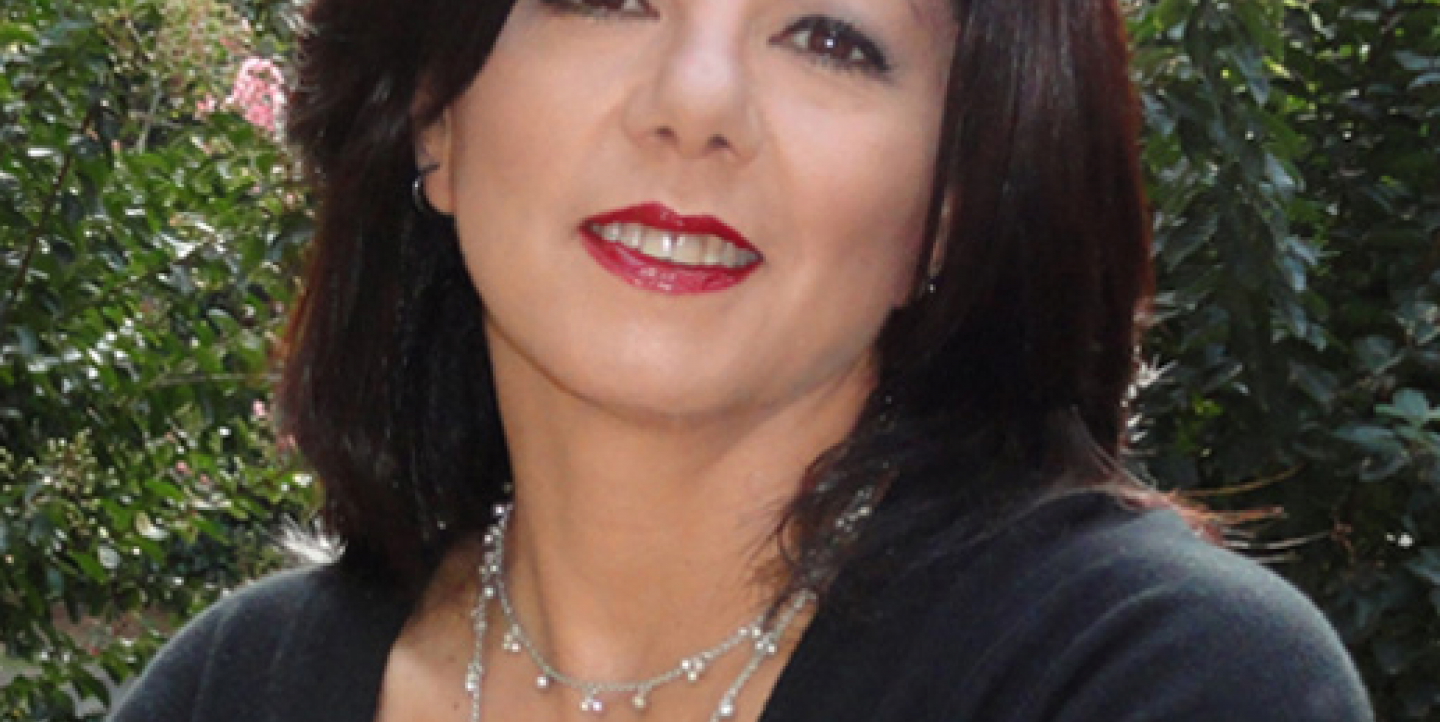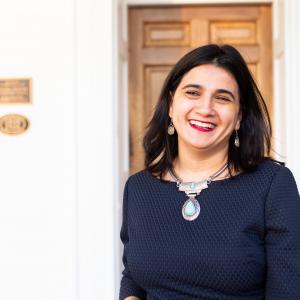Former CNN journalist Octavia Nasr believes that an Arab media awakening is in the making.
IJNet talked to the ex-Middle East correspondent Nasr about social media ethics and the influence of social media on the Arab Spring. In the first part of our interview, Nasr stressed the importance of protection for journalists from social media flame wars.
IJNet: How did social media influence the Arab Spring?
Octavia Nasr: I think social media gave the Arab Spring a major boost. It provided people who otherwise wouldn't be heard a megaphone that could reach across borders and across continents. Social media served as the platform where activism thrived, ideas were shared along with news, updates and videos; all things the mainstream western media had totally ignored in previous years of activism and [with] Arab media totally stifled. The uprisings were not born in 2010 or 2011, they've been years in the making. Social media and citizen journalism pushed them to the front and made it almost impossible for big media to ignore.
IJNet: In terms of training, what do you think Arab journalists need the most?
O.N: Arab journalists need training on the basics of newsgathering and news packaging. They need training in what makes news to start with. Right now, all the talk is about the uprisings, revolutions, awakenings and other hot topics, but the Arab world has so many stories and issues that need to be addressed that go beyond the historic events of the past year. The smart use of technology for effective storytelling is another area for Arab journalists to train on. Understanding the code of ethics, its importance, its uses, limits and responsibilities...determining what makes the region unique and highlighting that instead of constantly imitating western media.
The art of gathering news and forward planning is another area that requires special attention. Finally, the power of social media and how [they] can be used to enhance any media organization's mission is a dream of mine that I'd like to see happen soon. I am a firm believer (and I wrote about that extensively) that social media were made for Arabs but they have yet to explore them properly for maximum benefit to all.
IJNet: It's been said that traditional news media outlets in the Arab world have lost credibility since they were "scooped" by citizen journalists (using social media and not restricted by ties with governments). Do you agree and, if so, what do they need to do to regain trust?
O.N: I think citizen journalism has been scooping mainstream media for awhile now, not just Arab media but western media as well. It all started with the Iran elections of 2009 and it reached its peak with the year of the Arab Spring and the Japan earthquake and tsunami. Arab media are, for the most part, either government-owned or agenda-driven and it's not difficult to scoop them with actual raw and dramatic images from the scene.
I think all Arab channels have failed so far to report on the Arab Spring fairly and accurately. It is no secret that people go online to find out what's really happening around the region. But it is very important for traditional and new media to come together and find a balance in order to serve the public fairly and honestly. We're missing the link but I'm confident that it will be found and when that happens, we will see a true Arab media awakening that is as important as the historic street awakening we continue to witness in the Arab region.
IJNet: What is the one major change you think will take place in Arab media in the next five years?
O.N The introduction of truly independent media, and it will be revolutionary when it happens.
You can follow Nasr on Twitter and read more about her on her personal website.


